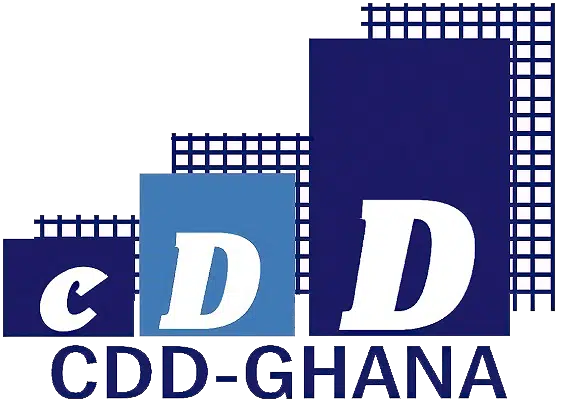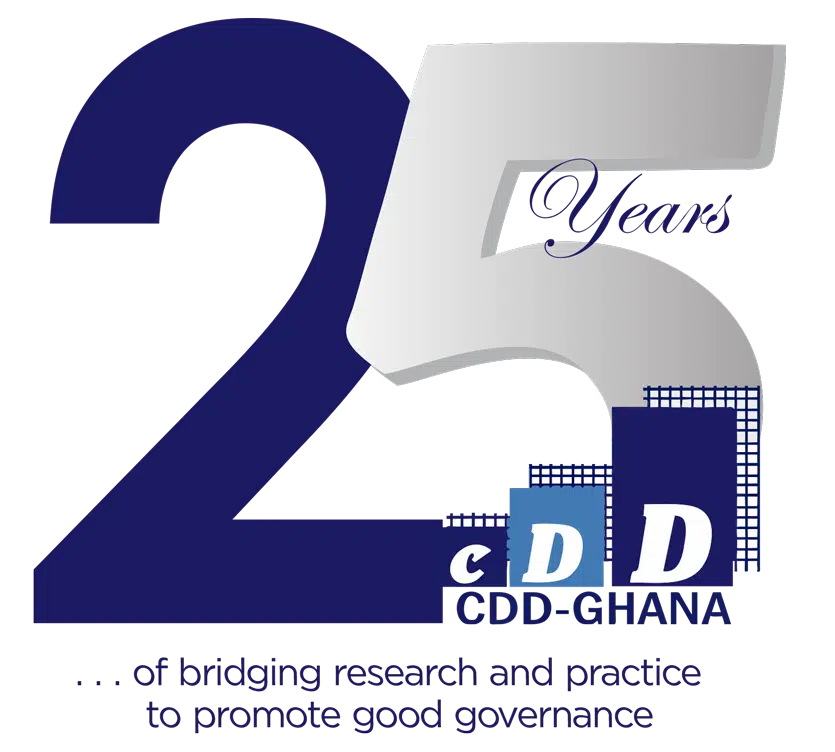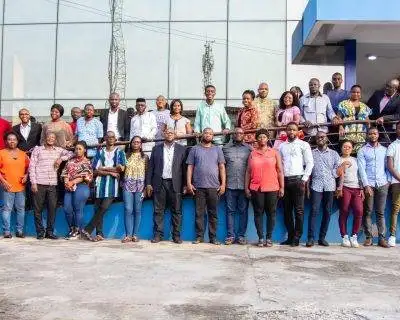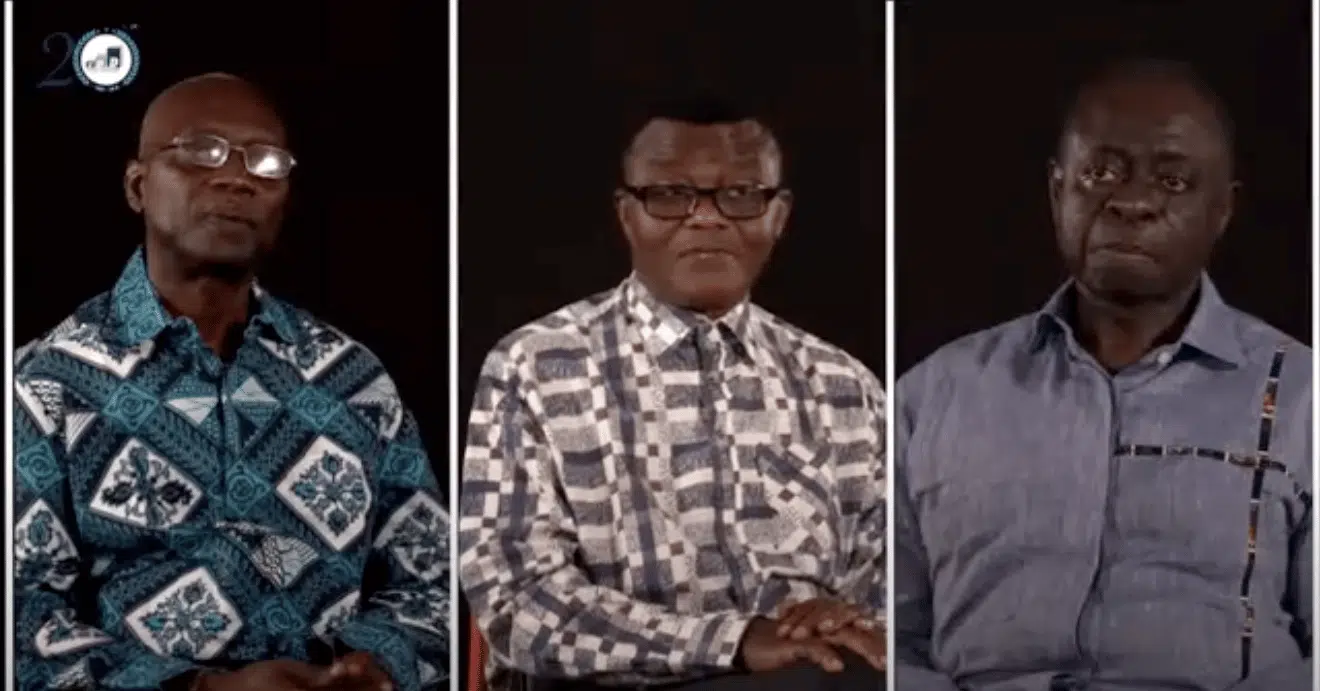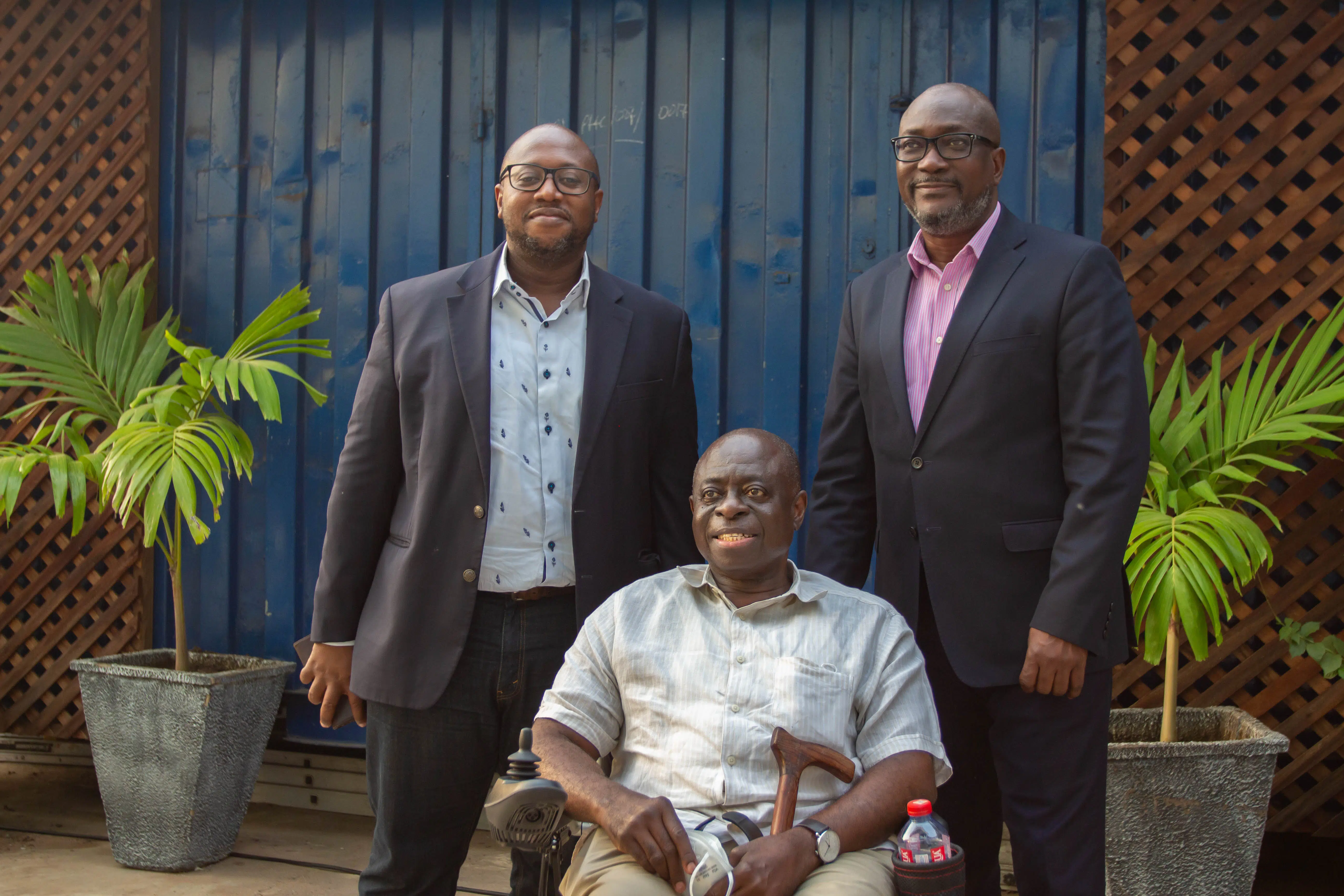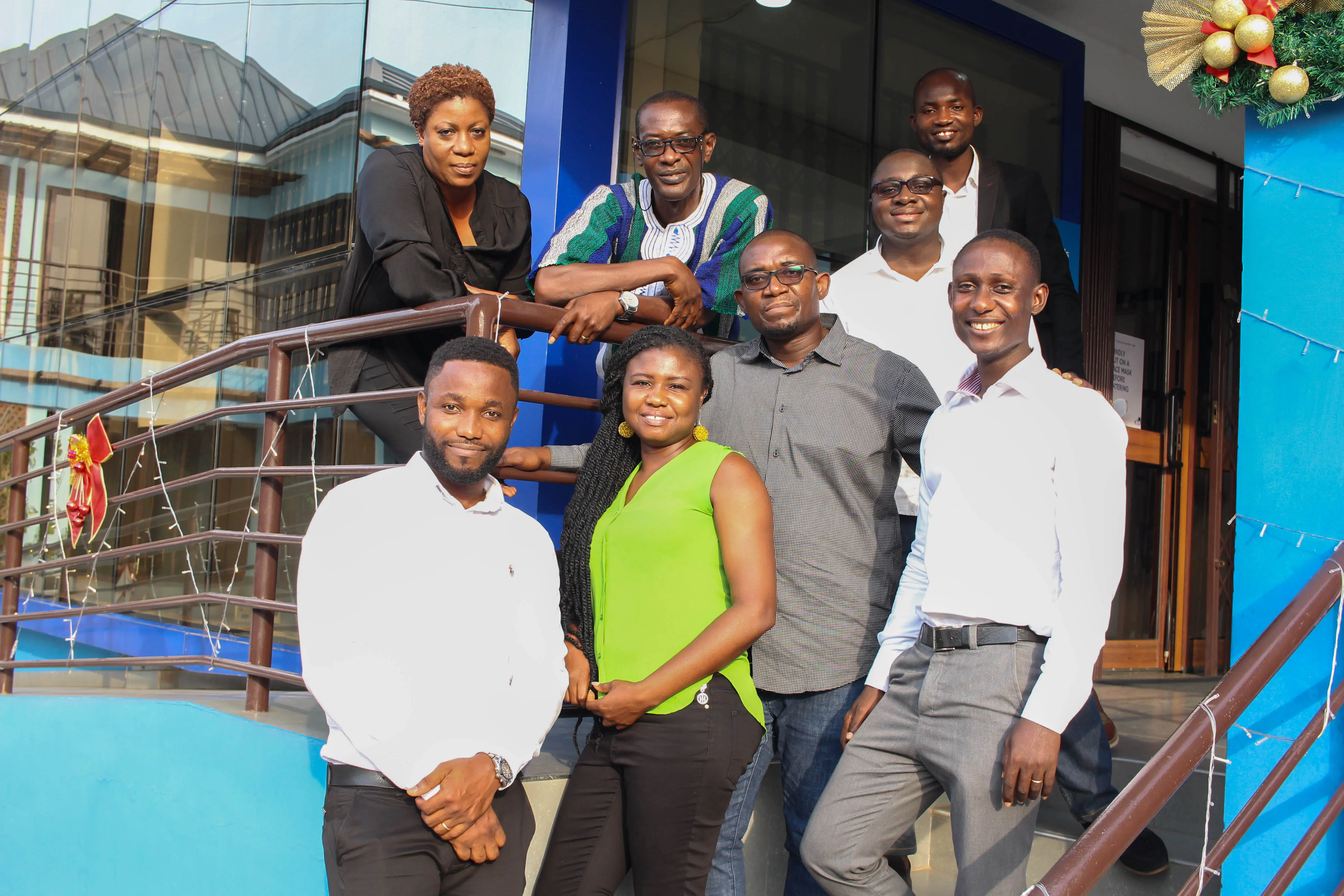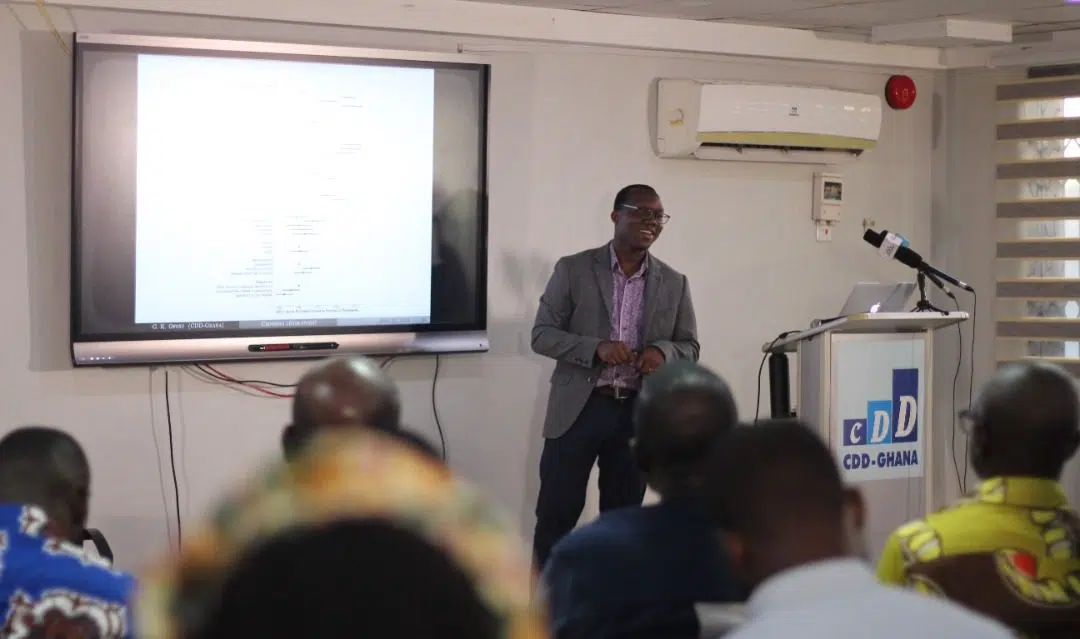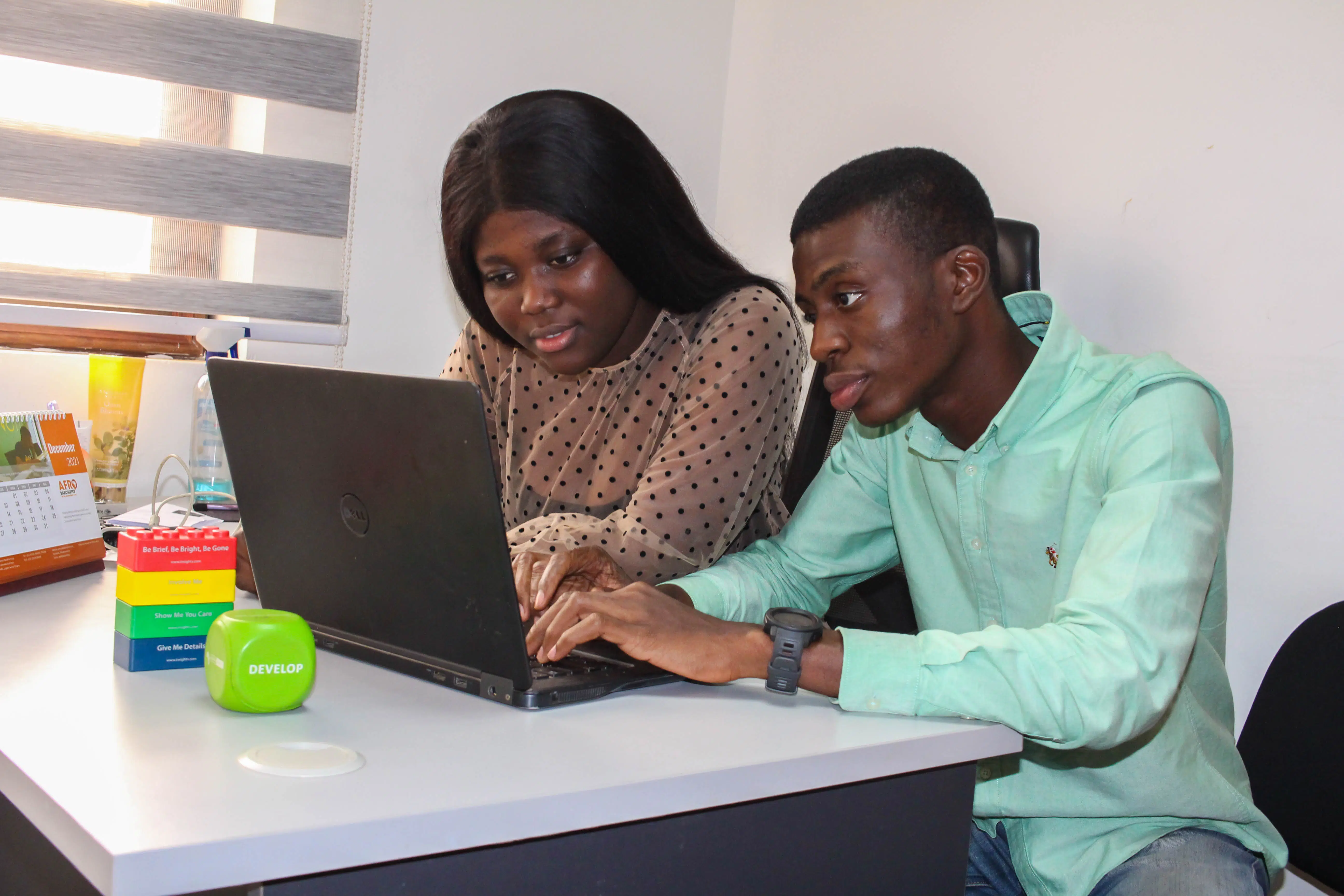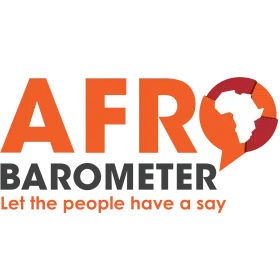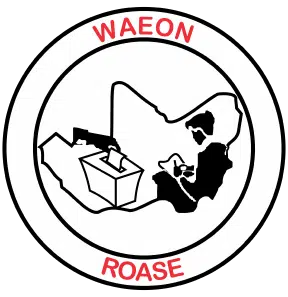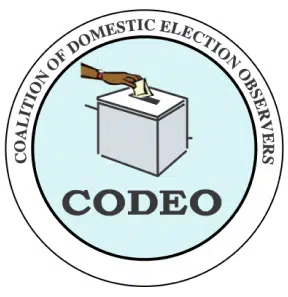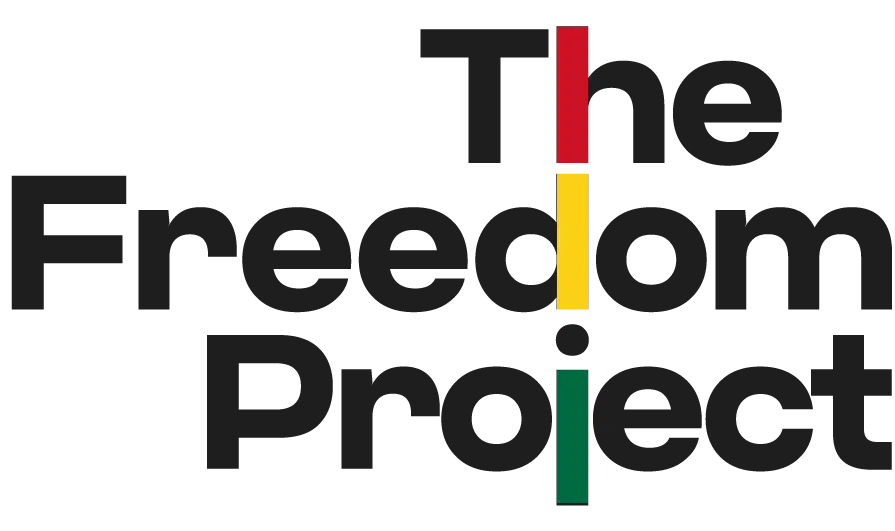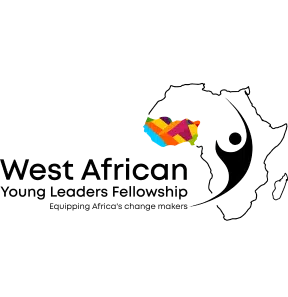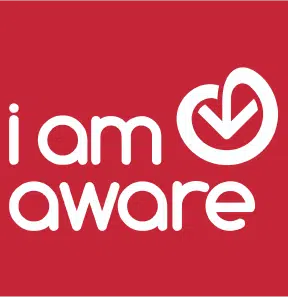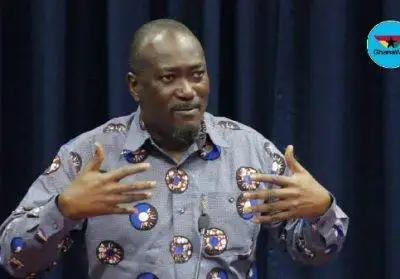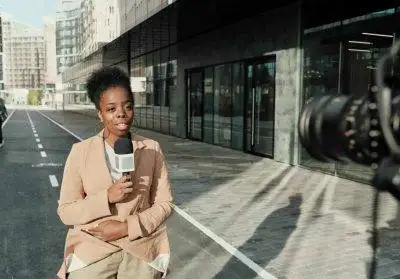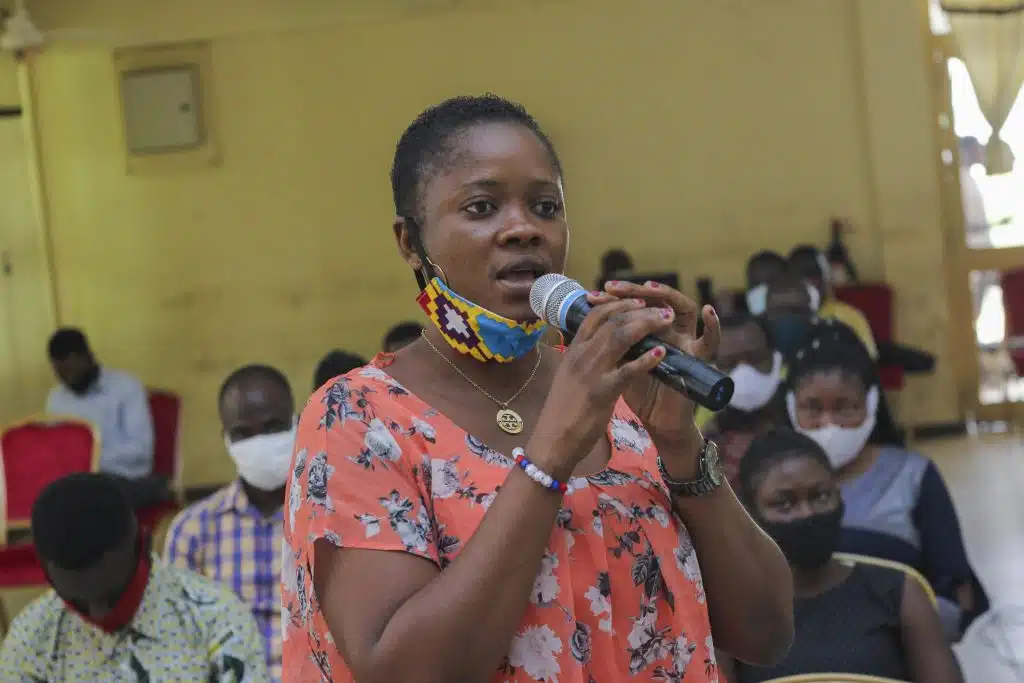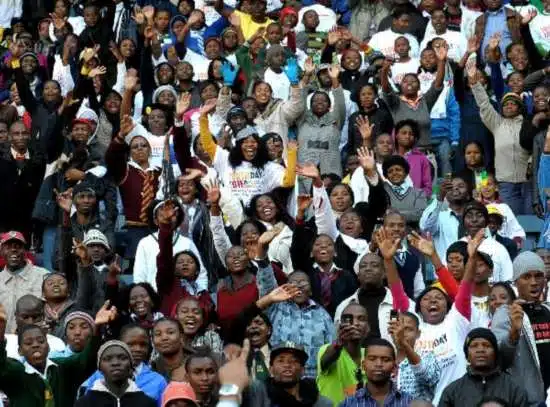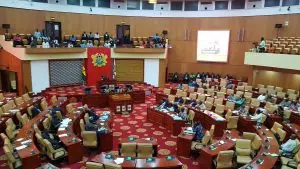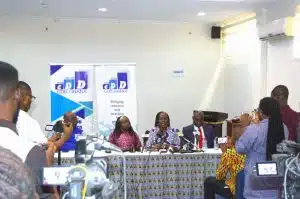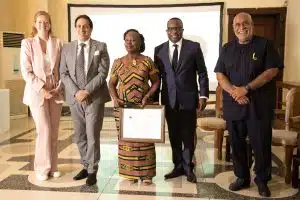Ghanaians’ support for media freedom drops sharply, study shows
Although a majority of Ghanaians say the media now has more freedom than a few years ago to
investigate and criticize the government, popular support for a free media has dropped sharply,
according to Afrobarometer survey data.
A majority of citizens say the government should have the right to prevent the media from
publishing things that it considers harmful to society. This is a reversal of attitudes during
previous survey rounds between 2005 and 2014, in which a majority of Ghanaians consistently
endorsed media freedom from government interference. Different socio- demographic groups show only
modest differences in support for media freedom.
The survey findings also show that a majority of citizens say they trust information from the
media, but many also see at least some members of the media as corrupt. Members of the media,
however, fare considerably better than the police, judges, elected leaders, and
traditional leaders when it comes to Ghanaians’ perceptions of corruption.
Comparing responses across 21 countries sampled in Afrobarometer’s most recent survey round, Ghana
scores well below average in terms of supporting media freedom, a sharp contrast with Ghana’s No.
23 ranking (No. 1 among African countries) on the 2018 World Press Freedom Index.
The Media Foundation for West Africa cites declining popular support for journalists – due in part
to perceptions of fallen ethical standards and corruption – as a prime reason behind violent
attacks on journalists, often by security personnel or police and generally unpunished.
Afrobarometer survey
Afrobarometer is a pan-African, non-partisan research network that conducts public attitude surveys
on democracy, governance, economic conditions, and related issues in African countries. Six rounds
of surveys were conducted in up to 37 countries between 1999 and 2015, and Round 7 surveys have
been completed in 2018. Afrobarometer conducts face-to- face interviews in the language of the
respondent’s choice with nationally representative samples.
The Afrobarometer team in Ghana, led by the Ghana Center for Democratic Development (CDD-Ghana),
interviewed 2,400 adult Ghanaians between September 9 and 25, 2017. A sample of this size yields
results with a margin of error of +/-2 percentage points at a 95% confidence level. Previous
surveys have been conducted in Ghana in 1999, 2002, 2005, 2008, 2012, and 2014.
Key findings
- Around six in 10 Ghanaians (62%) say the media has more freedom than a few years ago to investigate
and criticize government actions, but only about one in three (36%) support full media freedom
(Figure 1). A majority (57%) say instead that the government should have the right to prevent the publication of information it deems
harmful to society. - There has been a sharp drop in support for media freedom, from 55% in 2005 to 36% in
2017 (Figure 2). - Urban and rural residents hold almost identical views on media freedom, as do
different age groups (Figure 3). Men are slightly more likely than women to support a
free media (39% vs. 34%), and respondents with no formal education are less
supportive of media freedom (30%) than their better-educated counterparts. Wealthy
respondents tend to support government control more (57% and 59% among those
with no or low lived poverty) than poor respondents. - Among 21 African countries surveyed in 2016/2018, Ghana ranks well below average
(47%) in its support for media freedom (Figure 4). - A majority of Ghanaians say they trust information from public media (60%),
government sources (58%), and private media (57%) at least “somewhat” (Figure 5).
Fewer trust information from social media sources (43%). - Three-fourths of Ghanaians believe that at least “some” members of the public and
private media are corrupt, including almost one in five citizens who say that “most” or
“all” media are corrupt (Figure 6).

Respondents were asked:
-Which of the following statements is closest to your view? (% who “agree” or “agree very strongly”
with each statement)
Statement 1: The media should have the right to publish any views and ideas without government
control.
Statement 2: The government should have the right to prevent the media from publishing things that
it considers harmful to society.
– Please tell me if there is more or less freedom now for each of the following things compared to
a few years ago, or are things about the same: The media’s freedom to investigate and report on
government mistakes or to criticize government actions or performance?

Respondents were asked: Which of the following statements is closest to your view? (% who “agree”
or “agree very strongly” with each statement)
Statement 1: The media should have the right to publish any views and ideas without government
control.
Statement 2: The government should have the right to prevent the media from publishing things that
it
considers harmful to society.
 Respondents were asked: Which of the following statements is closest to your view? (% who “agree”
Respondents were asked: Which of the following statements is closest to your view? (% who “agree”
or “agree very strongly” with each statement)
Statement 1: The media should have the right to publish any views and ideas without government
control.
Statement 2: The government should have the right to prevent the media from publishing things that
it
considers harmful to society.
 Respondents were asked: Which of the following statements is closest to your view? (% who “agree” or
Respondents were asked: Which of the following statements is closest to your view? (% who “agree” or
“agree very strongly” with each statement)
Statement 1: The media should have the right to publish any views and ideas without government
control.
Statement 2: The government should have the right to prevent the media from publishing things that it
considers harmful to society.
(% who “agree” or “agree very strongly” that the media should have the right to publish any views and
ideas without government control)

Respondents were asked: How much do you trust each of the following, or haven’t you heard enough
about them to say?
 Respondents were asked: How many of the following people do you think are involved in corruption,
Respondents were asked: How many of the following people do you think are involved in corruption,
or haven’t you heard enough about them to say?
